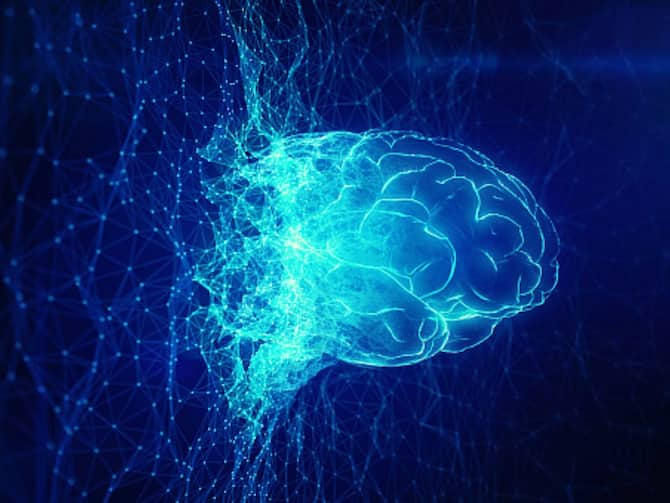Artificial intelligence (ai) has significantly impacted medical diagnostics, improving accuracy and efficiency in diagnosing and treating various medical conditions. Ai has revolutionized medical diagnostics, enhancing the accuracy and efficiency of diagnosing and treating a wide range of medical conditions.
In recent years, the integration of ai in healthcare has made significant strides, providing healthcare providers with powerful tools to expedite the diagnostic process, enhance accuracy, and improve patient outcomes. By analyzing vast amounts of medical data and patterns, ai algorithms can identify patterns, detect abnormalities, and offer valuable insights to healthcare professionals.
This technology not only assists doctors in making accurate diagnoses but also helps predict disease progression, recommend personalized treatment plans, and facilitate early intervention. With ai-driven medical diagnostics, healthcare providers have the potential to save lives by detecting diseases earlier and improving overall patient care.

Credit: news.abplive.com
Enhancing Accuracy And Speed
The impact of ai on medical diagnostics is noteworthy, as it has improved accuracy and speed. Ai-powered diagnostics have been successful in enhancing diagnostic accuracy and reducing human errors and misdiagnosis. The ability of ai to analyze vast amounts of data quickly is a key factor in this success.
Ai has revolutionized the field of medical diagnostics by providing accurate and efficient solutions. With ai systems in place, medical professionals can rely on precise results, enabling them to make informed decisions and provide appropriate treatment. The integration of ai in medical diagnostics has transformed the healthcare industry, revolutionizing patient care and outcomes.
With continuous advancements in ai technology, the future of medical diagnostics appears promising, offering more accurate and efficient solutions for diagnosing various medical conditions.
Revolutionizing Image-Based Diagnostics
Ai has revolutionized image-based diagnostics by improving medical imaging analysis. It enhances early detection of diseases through imaging platforms powered by machine learning algorithms. This technology enables healthcare professionals to interpret medical images more accurately and efficiently. By analyzing vast amounts of patient data, ai algorithms can identify subtle patterns and abnormalities that might be overlooked by human eyes.
This allows for faster and more accurate diagnoses, leading to better patient outcomes. The impact of ai on medical diagnostics is significant, as it helps identify diseases at an earlier stage, improving the chances of successful treatment. With continued advancements in ai technology, we can expect even more transformative changes in the field of medical diagnostics in the future.
Transforming Clinical Decision Support Systems
Ai has made a significant impact on medical diagnostics, transforming clinical decision support systems. This technology has revolutionized the field of personalized healthcare by maximizing the efficiency and effectiveness of treatment plans. With ai-enabled software, healthcare professionals are now able to access vast amounts of data to aid in evidence-based medicine.
This has led to more accurate diagnoses, personalized treatment options, and improved patient outcomes. Ai’s ability to analyze complex medical data and identify patterns and trends has opened up new possibilities for healthcare professionals. By integrating ai into clinical decision support systems, healthcare providers can now make well-informed decisions more quickly, leading to better patient care.
Overall, ai’s contribution to medical diagnostics is undeniable, bringing about a new era of precision medicine.
Conclusion
With the rapid advancements in artificial intelligence (ai), the impact on medical diagnostics has been extraordinary. Ai has the potential to revolutionize the field of healthcare by enhancing accuracy and efficiency in diagnosing diseases. Through machine learning algorithms, ai can analyze vast amounts of medical data and identify patterns that may not be evident to human physicians.
This can lead to earlier detection of diseases, more accurate diagnoses, and personalized treatment plans. Ai-powered diagnostic tools can also reduce human error and improve patient outcomes. However, it is important to note that ai should not replace human doctors but rather complement their expertise.
The collaboration between ai and healthcare professionals can result in a synergy that significantly improves the quality and effectiveness of medical diagnostics. As we continue to advance in ai technology, the future of medical diagnostics holds great promise for improving patient care and saving lives.
